Knowledge Base: Sleep Apnea & Treatment FAQs
Your questions, answered by Washington Center for Sleep
Whether you're just learning about sleep apnea or exploring CPAP alternatives, this FAQ library is here to help. Browse by category below — and if you still have questions, we're just a call away.
Sleep Apnea Basics
What is sleep apnea?
Sleep apnea is a condition where your breathing repeatedly stops during sleep, often due to airway obstruction. It can lead to snoring, poor sleep, daytime fatigue, and serious health risks if untreated.
What’s the difference between snoring and sleep apnea?
Snoring is a sound; sleep apnea is a health condition. While snoring can be harmless, loud or choking snoring may indicate apnea — especially if you're tired during the day.
What are common symptoms?
Loud snoring
Morning headaches
Daytime fatigue
Nighttime gasping or choking
Trouble focusing or memory loss
High blood pressure
Sleep Testing
Do I need a referral for a sleep test?
No — we offer home sleep apnea testing with physician review. You can schedule directly with us.
How does a home sleep test work?
You’ll wear a small device at home for one night. It tracks your breathing, oxygen levels, and snoring. Most patients find it simple and comfortable.
Is home testing covered by insurance?
Yes — most medical insurance plans, including Medicare, cover home sleep tests for qualifying symptoms.
CPAP & Alternatives
I can’t tolerate my CPAP — what are my options?
You're not alone. Over half of patients stop using CPAP. We offer two proven CPAP alternatives:
Oral appliance therapy
NightLase laser treatment
How do oral appliances compare to CPAP?
For mild to moderate OSA, oral appliances are often equally effective — and far easier to wear consistently.
Is NightLase a permanent fix?
NightLase offers significant snoring reduction that can last 12–18 months. Some patients return for maintenance sessions annually.
Oral Appliances
Are oral appliances custom-made?
Yes — we use a 3D scan of your mouth to fabricate a precise, comfortable device that’s easy to wear and travel with.
Do oral appliances work for severe sleep apnea?
In some cases. While they’re best for mild to moderate OSA, an oral appliance is better than no treatment for those who cannot tolerate CPAP.
Will insurance cover my appliance?
Yes — most medical insurance (not dental) covers oral appliances with a proper diagnosis and sleep study.
Insurance & Cost
Will my treatment be covered by insurance?
Home sleep tests and oral appliances are usually covered by medical insurance and Medicare
NightLase is considered elective and not covered
Can you check my benefits for me?
Absolutely — we verify your insurance before any treatment begins so there are no surprises.
Do you offer payment plans?
Yes — we offer flexible payment options for treatments not covered by insurance.
Still have questions?
Call us anytime or schedule a consultation — we’re happy to help you sleep and feel better.
